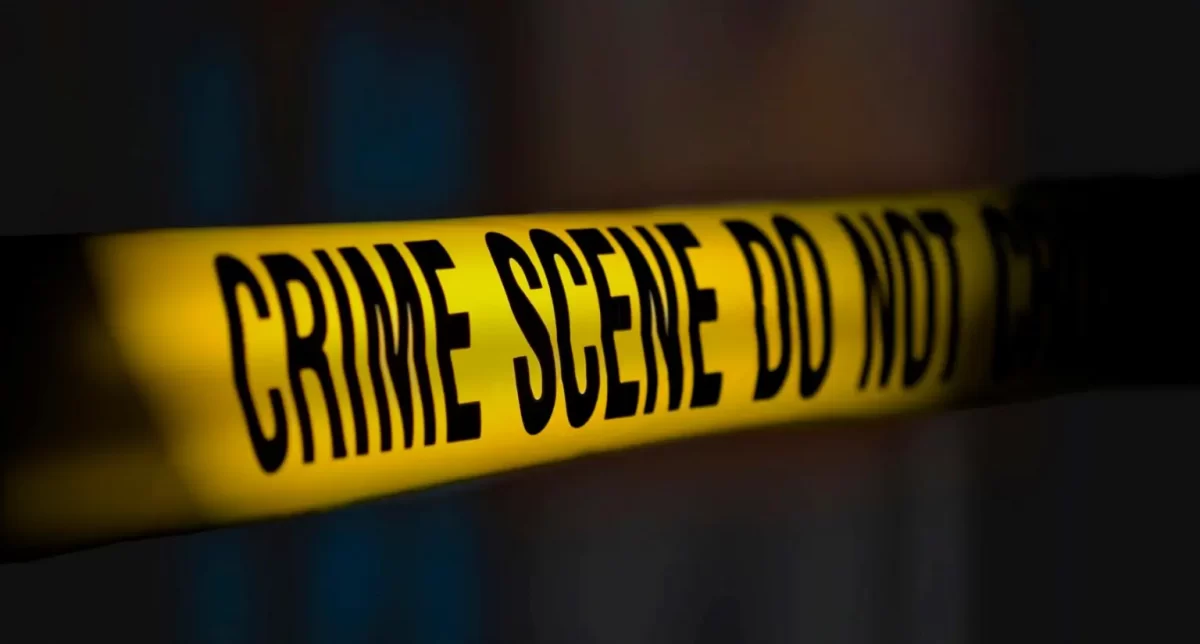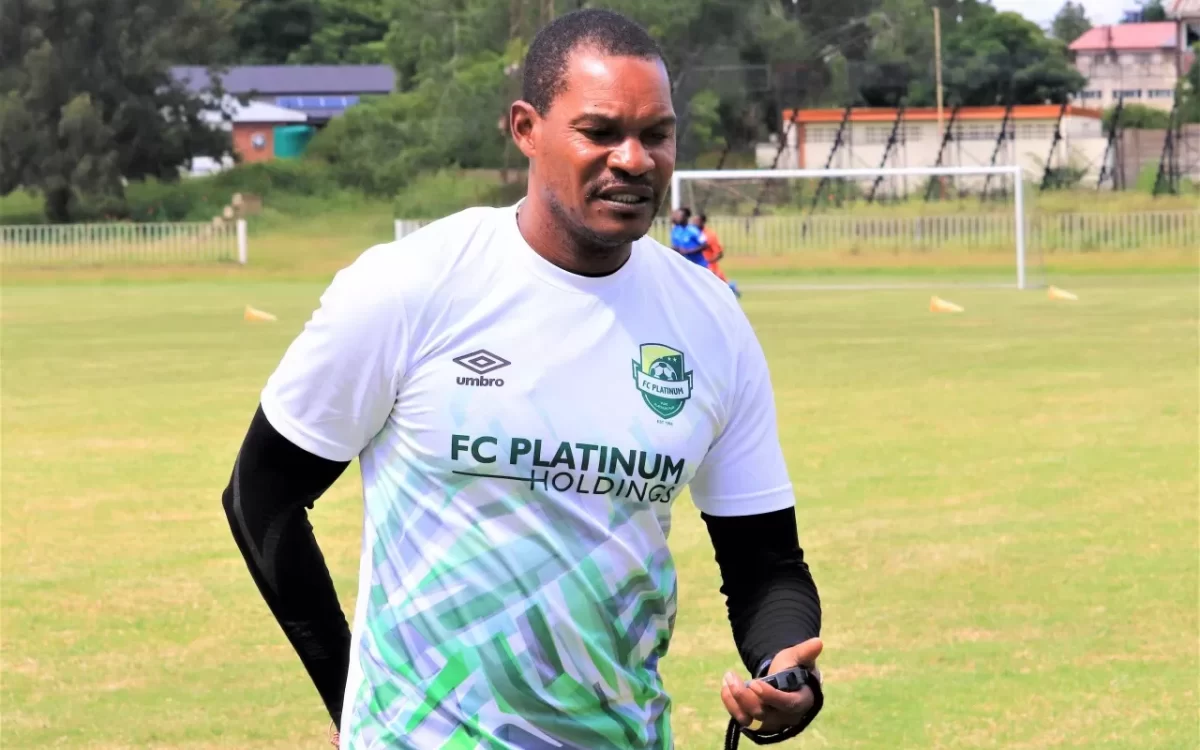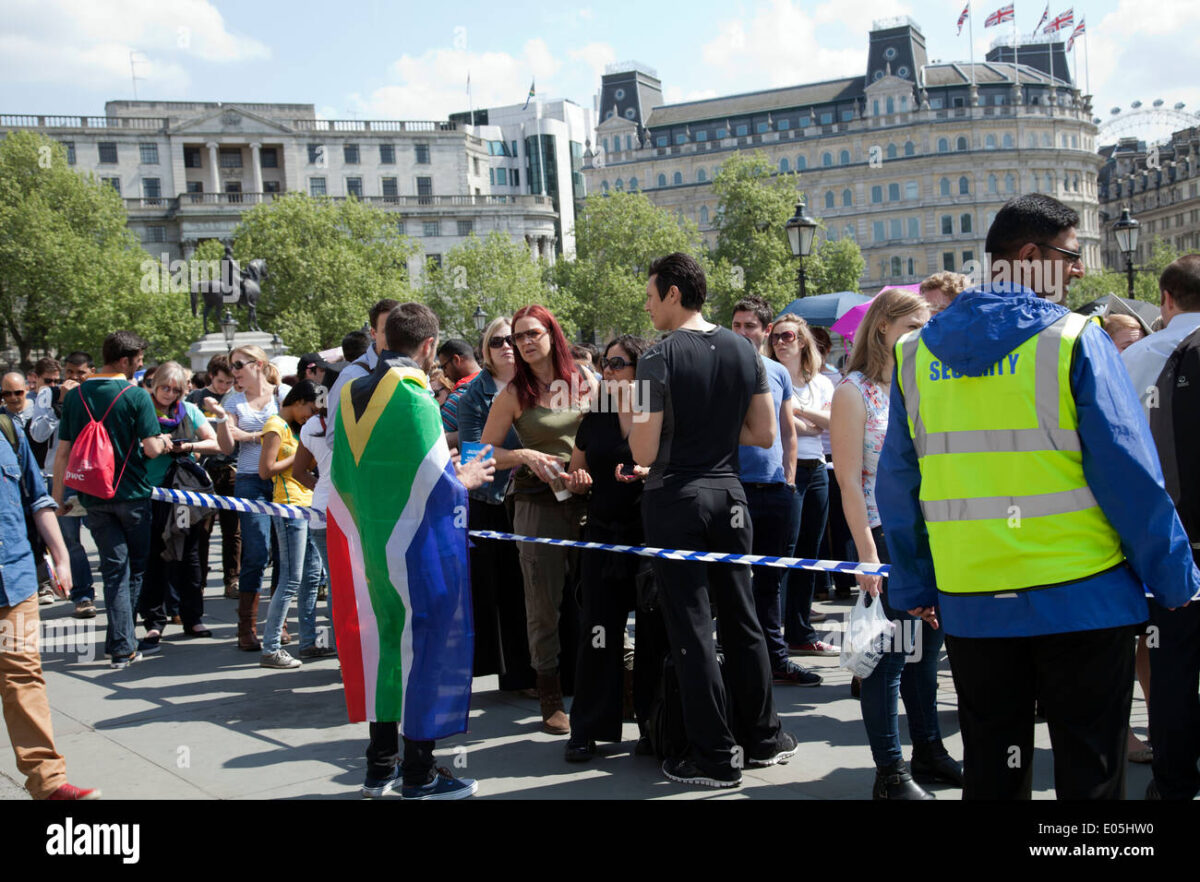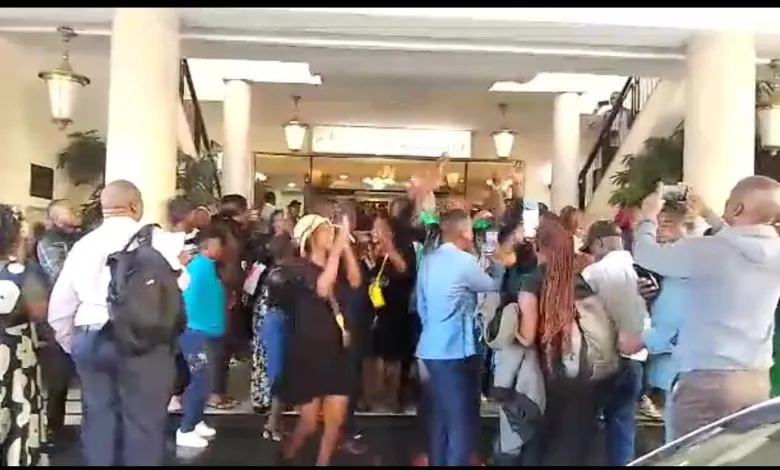BULAWAYO – Former United States Secretary of State Hillary Clinton on Wednesday called on the Zimbabwe government to “release all political prisoners”, heaping fresh pressure on President Emmerson Mnangagwa who was accused last week of launching an “unprecedented crackdown on dissent” by Catholic bishops.
Clinton, the wife of former U.S. president Bill Clinton, used Twitter to call out the Zimbabwe government.
“I’m calling for the government of Zimbabwe to release all political prisoners, including Godfrey Kurauone, who represent the country’s future. Justice demands it,”: she tweeted.
Kurauone, an MDC Alliance councillor in Masvingo, was arrested for allegedly singing a song denouncing Mnangagwa on July 31 – and has been held without bail since. His family says he has a chronic condition and is being denied access to a doctor.
Britain’s ambassador to Zimbabwe Melanie Robinson met opposition leader Nelson Chamisa on Wednesday, she said to “discuss serious concerns on human rights, corruption and the situation for ordinary Zimbabweans.”
“We continue to engage across the political spectrum to understand how the United Kingdom can best support Zimbabweans,” Robinson wrote on Twitter.
The bishops’ strongly worded letter said the country had a multi-layered crisis, including economic collapse, deepening poverty, corruption and human rights abuses.
The Zimbabwe government on Wednesday said it had sought a meeting with the Vatican representative to understand whether Catholic bishops who accused it of human rights abuses and cracking down on critics were speaking on behalf of the Holy See.
Justice Minister Ziyambi Ziyambi described a pastoral letter written by the Zimbabwe Catholic Bishops Conference last weekend as “inappropriately prescriptive and grossly disrespectful”.
“Fear runs down the spine of many of our people today. The crackdown on dissent is unprecedented. Is this the Zimbabwe we want?,” the bishops wrote in their pastoral letter.
Reflecting on anti-government protests that were planned for July 31, before they were suppressed by Mnangagwa’s regime with the arrest of dozens of people including Jacob Ngarivhume, who called for the marches, the bishops said Mnangagwa should spent more time in understanding what was fuelling the anger.
They warned: “The call for demonstrations is the expression of growing frustration and aggravation caused by the conditions that the majority of Zimbabweans find themselves in. Suppression of people’s anger can only serve to deepen the crisis and take the nation into deeper crisis.
“This comes on the backdrop of unresolved past hurts like Gukurahundi, which continue to spawn even more angry new generations.”
Inflation running at more than 800 percent is the clearest sign of the worst economic crisis in over a decade and has evoked memories of hyperinflation under former president Robert Mugabe, whose 37-year rule was ended by an army coup in 2017.
Ziyambi said the government took offence to the bishop’s description of the government, headed by Mnangagwa, as lacking the knowledge, skill or emotional stability to resolve Zimbabwe’s political and economic problems.
“The statement constitutes an outright insult on the person of President E.D. Mnangagwa and his entire government, and is couched in language decidedly unbecoming of an institution such as the Catholic Church,” said Ziyambi.
“Government is compelled to engage the Vatican in order to ascertain whether or not such statements reflect the official attitude of the Holy See towards Zimbabwe’s leadership or whether these are merely the views of the various individuals concerned.”
Foreign Minister Sibusiso Moyo would meet the local Vatican representative, said Ziyambi.
Ziyambi denied there was a political crisis in Zimbabwe and said it was all social media hype.
But critics say several activists have been arrested, abducted or tortured for speaking against the government and accuse Mnangagwa of using the Covid-19 pandemic to stifle dissent.
The African Union and the United Nations have recently voiced concern over the deteriorating human rights situation in Zimbabwe. Dozens of opposition officials, trade unionists and journalists are either in jail or have fled their homes fearing abduction.
The Catholic bishops urged Zimbabwe’s government to embrace recent overtures by South African President Cyril Ramaphosa who sent three special envoys, which were turned away before meeting Mnangagwa’s rivals.
“To have a different opinion does not mean to be an enemy. It is precisely from the contrast of opinions that the light comes. Our government automatically labels anyone thinking differently as an enemy of the country: that is an abuse,” the bishops said.
(Additional reporting Reuters)
















